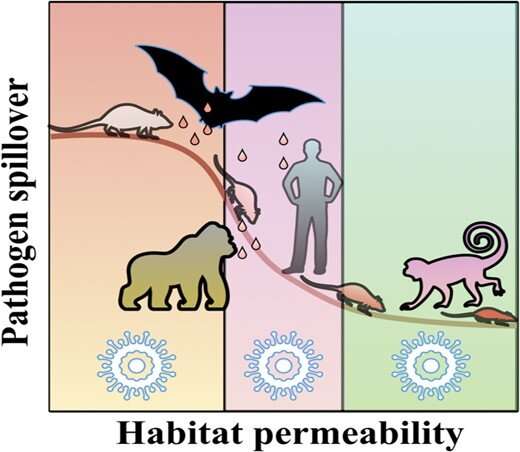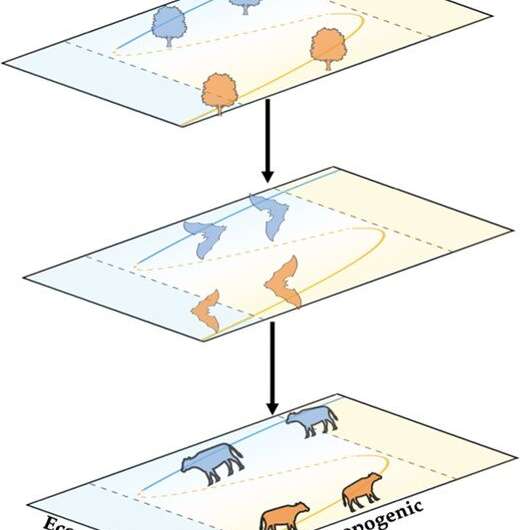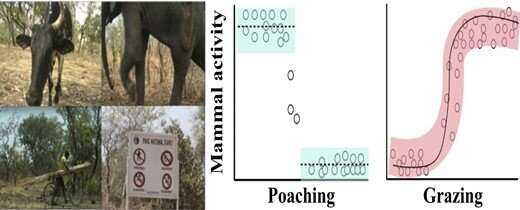Blackologists and the promise of inclusive sustainability

Historically, shared resources such as forests, fishery stocks and pasture lands have often been managed with an aim toward averting "tragedies of the commons," which are thought to result from selfish overuse. Writing in BioScience, Drs. Senay Yitbarek (University of North Carolina at Chapel Hill), Karen Bailey (University of Colorado Boulder), Nyeema Harris (University of Michigan), and colleagues critique this model, arguing that, all too often, such conservation has failed to acknowledge the complex socioecological interactions that undergird the health of resource pools.
The authors, who describe themselves as Blackologists ("'not simply scholars that are Black but, rather, are scholars who deliberately leverage and intersect Blackness into advancing knowledge production"), elucidate a model in which researchers' life experiences provide "unique perspectives to critically examine socioecological processes and the challenges and solutions that arise from them."

Because "BIPOC (for Black, Indigenous, and people of color) scholars endure systemic racism and a suite of professional barriers," say the authors, they "have an empathy and relatability to indigenous communities all over the world that are challenged by simply the desire to preserve their culture and sacred ties to the environment."
Through this lens, the authors explain that some conservation frameworks, such as the use of "fortress conservation" that excludes local communities, "occur in regions of the world with high biodiversity (e.g., the tropics) and where communities of Black and brown people are struggling for subsistence and equality." Rather than meeting their goal of preserving resources for the public good, such tactics risk disadvantaging the very populations whose knowledge and values may be most valuable in ameliorating ecological degradation. In particular, say the authors, such "displacement with prohibition" hampers the delivery of conservation goals because it relies on often inadequate management by outsiders.

The authors argue for a holistic, collaborative management practice that fully accounts for complex human-environment dynamics: "In particular, overlooked feedbacks between social and ecological processes, often highlighted by our experiences as BIPOC scholars, may shed light on effective remediation of the tragedy." Through this interdisciplinary model, say the authors, "resource users, the nature and manifestation of conflict itself, and the roles of humans as both resource users and conflict mediators provide insights into the tragedy and into the ways it can be overcome."
The authors close with a call for greater inclusion and diversity within the sciences, stating that Blackologists' experiences provide a unique perspective crucial for addressing resource depletion across spatial and temporal scales: "As Blackologists, we argue that the marginalization of our identities across disciplines advances the very tragedy scientific communities hope to avert."
The article was published on 19 June in honor of Juneteenth, the 155-year-old holiday celebrating the emancipation of enslaved Black Americans in the United States.
More information: Senay Yitbarek et al, Inclusive Sustainability Approaches in Common-Pool Resources from the Perspective of Blackologists, BioScience (2021). DOI: 10.1093/biosci/biab052
Journal information: BioScience
Provided by American Institute of Biological Sciences


















